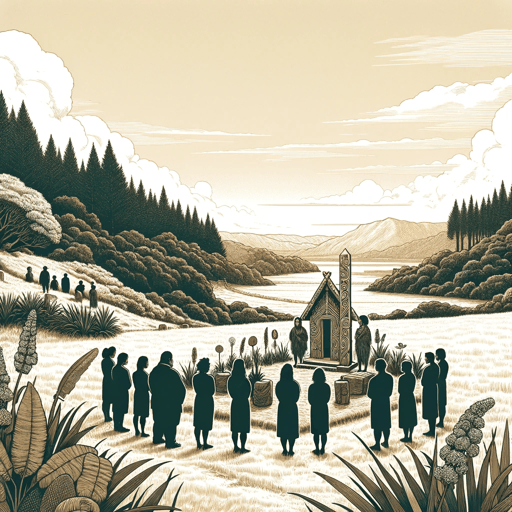56 pages • 1 hour read
Alan DuffOnce Were Warriors
Fiction | Novel | Adult | Published in 1990A modern alternative to SparkNotes and CliffsNotes, SuperSummary offers high-quality Study Guides with detailed chapter summaries and analysis of major themes, characters, and more.
Themes
The Impact of Internalized Intergenerational Trauma
Content Warning: This section of the guide includes discussion of domestic abuse, rape, and alcohol addiction.
One of the main conflicts in Once Were Warriors is the characters’ idea of a Māori nature that impedes their development, be it social, educational, or economic. Given the socio-historical context of this story, Duff suggests to the reader that the Māori families in Pine Block are survivors of a colonial past that has resulted in their marginalization from mainstream society, their cultural disruption, and a declining sense of self-worth. Such a history, in combination with racist stereotypes, pushes characters like Nig to think that social afflictions like poverty, abuse, and other social ills are inherited or predestined for Māori people: “the stain of growing up a Pine Blocker. Of growin up havin to fit a role, a race role, man, and thassa fuckin truth you know it and so do I: havin to turn yaself into sumpthin ya mightn’t be. Yeah, thas what bein a Maori is for a Pine Block Maori” (135). Duff uses Nig’s perspective to explore the damaging perception that the issue at hand is not a history of political subjugation and exploitation but rather a self-inflicted and pre-determined fate based on a “race role.

